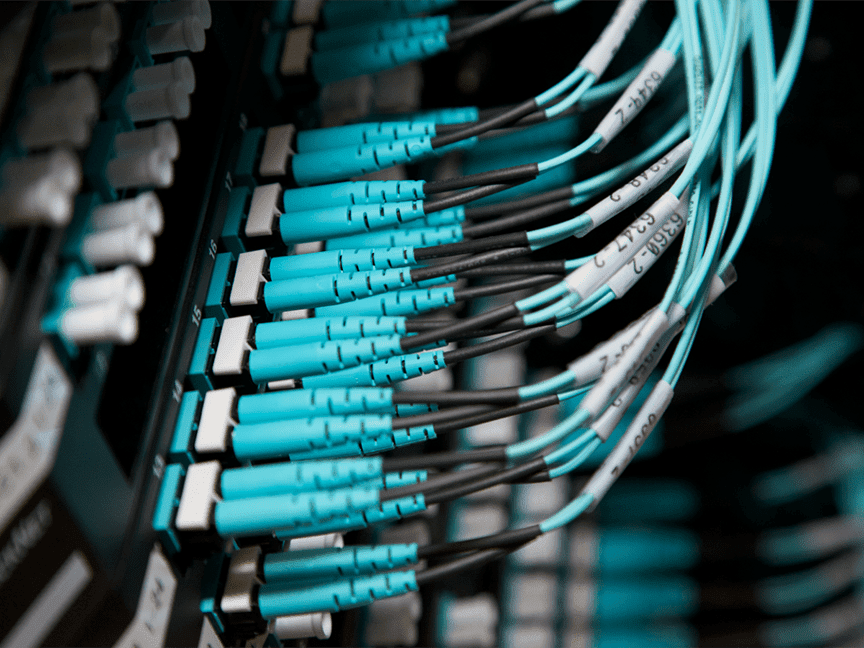By design, the system governing the transactions involving cryptocurrency — called the blockchain — is meant to be free from interference by banks, companies and governments. But a new report from the Defense Advanced Research Projects Agency, or DARPA, finds that the decentralized system might not be working as well as many crypto enthusiasts assume, NPR reported.
The report, commissioned by DARPA, was conducted by the software security research company Trail of Bits. “It’s been taken for granted that the blockchain is immutable and decentralized, because the community says so,” said Trail of Bits CEO Dan Guido.
But, Guido says, blockchain — the public ledgers that keep track of cryptocurrencies, which are replicated on computers around the world — isn’t the egalitarian tech its advocates claim.
The concern is relevant to the supply chain industry because blockchain technology has been touted as a potentially transformative tool in supply chain management. It could make tracking sources of food poisoning much faster and more accurate, for example, or help retailers and OEMs ascertain the true source of parts or components from countries with poor human rights records. Harvard Business Review published a paper by Vishal Gaur and Abhinav Gaiha in May 2020 that argued, “one of the most promising applications of emerging blockchain technology is supply chain management.” Supply chain practitioners may now want to reconsider.
Blockchain is a form of distributed ledger, which is a database that exists across several locations or among multiple participants. By contrast, most companies currently use a centralized database that lives in a fixed location, presenting a single potential point of failure or insecurity. A distributed ledger, by contrast, is decentralized to eliminate the need for a central authority or intermediary to process, validate or authenticate transactions.






